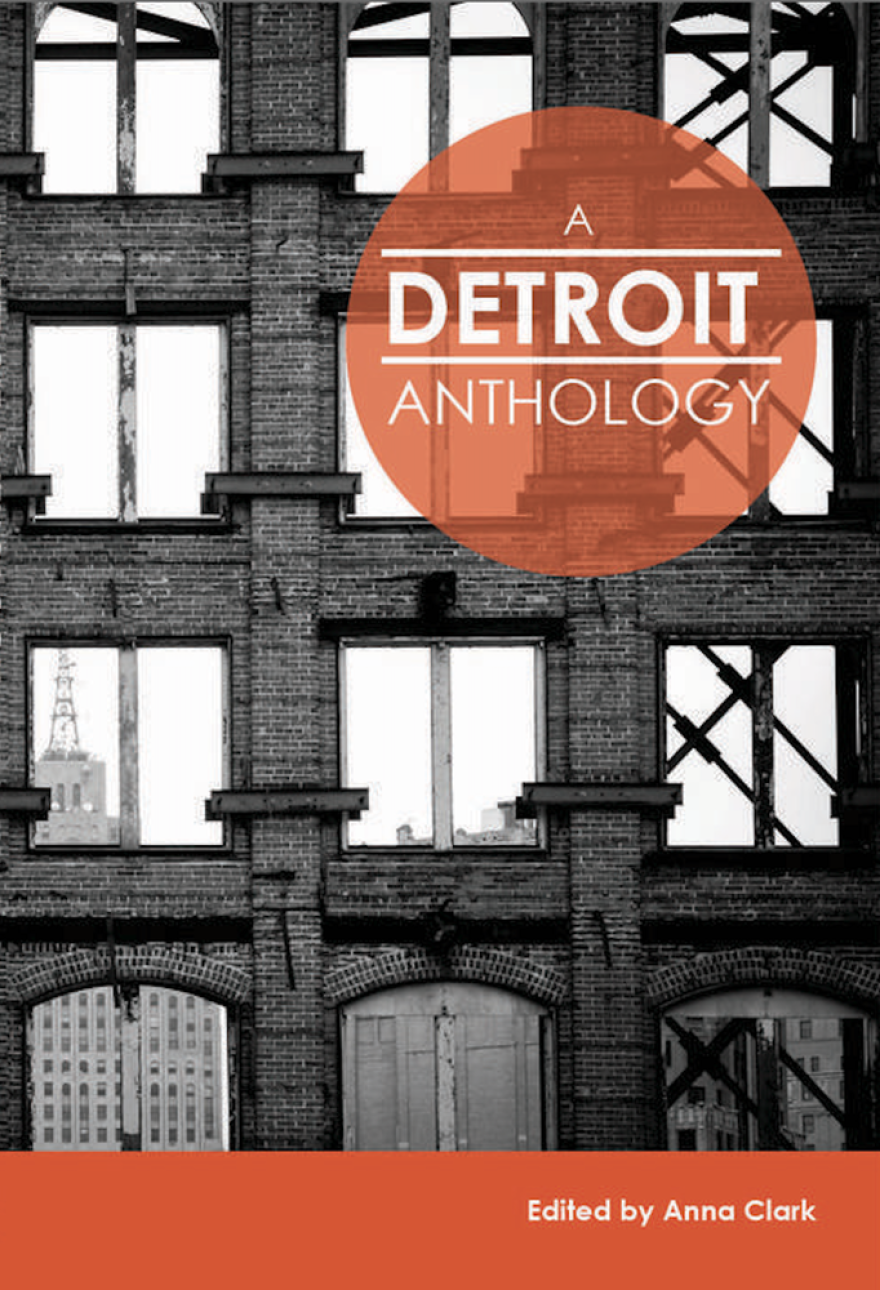Author and professor Gail Griffin can remember her tenth birthday- spent catching a baseball game on a summer night - like it was yesterday:
"A rectangle of night sky opens ahead. Brilliant banks of lights against the black. The low crowd hum, rising, like a sea sound. Then acres of green seats and then, below it all, the blazing diamond, emerald they should call it, nothing has ever been so green.
Left field, Maxwell. Right, Colavito, the outrageous Cleveland trade, who points his bat at pitchers like a gun.
Humidity haloes the lights. Men yelp HOTdogs, HOTdogs, PROgram. I am transfixed, dizzied by the vastness. My stomach lurches like on the Ferris wheel at the State Fair when it surges up and I can almost see Canada. How can an entire world fit inside a building? It’s a gleaming secret, a hidden kingdom, an alternate planet shining at the core. Secret garden, emerald city, wonderland. The night breeze licks my skin. I might be dreaming."
- From "Night, Briggs Stadium, 1960."
Griffin's words a- along with recollections from several others - have been chronicled in the new book

A Detroit Anthology. The manuscript holds nearly sixty stories from both natives and non-natives alike about the ills, the joys, and the daily life of a city that is more than just where cars were made. From browsing farmers markets to disintegrating neighborhoods, the days of Motown and destruction from drugs, the words on the pages demonstrate that Detroit is filled with strength and soul.
"I think it's an effort to let some of the voices speak for and about Detroit that aren't being heard. The city is now such a symbol in everybody's mind for urban decay and chaos , and there's a lot of growth and creativity in Detroit," says Griffin. "I want to be part of the people who are loyal to the spirit of Detroit that's still alive."
She calls Kalamazoo home now, but Griffin was born in Detroit and lived in the suburbs until she was 15. Griffin says that being rooted in the spirit of the city is something she still holds on to, but, as time would have it, much has changed.
"I was down there for a concert at Masonic Temple last spring, and how empty the streets looks I guess was painful for me to see, but the concert itself and the restaurant we went to beforehand were just brimming with life," she remembers. "So there's that contrast there between a city everyone says is dying and a city that really wants to live if people will give it a chance."
Anna Clark is a Detroit resident and the editor of the Anthology. The publisher, Rust Belt Chic Press, has produced similar anthologies about Cleveland and Cincinnatti, in an honest, candid effort to tell what life in the Midwest is like.
"The narrative about cities, communities, towns here in the Midwest and the rust belt often get very skewed in the national storytelling about them," says Clark. "At a time when there's so much news, so many headlines about Detroit, it seemed like a really good time to put out an anthology where we're not trying to explain Detroit to anyone, we're trying to cultivate conversation among Detroiters about this place."

Even amidst the sliding population numbers, Clark - and over 700,000 people - still call the city home. She hopes that beyond sharing stories, that this book demonstrates how much living has - and will continue - to go on.
"The emptiness of the city is what tends to stand out in the photographs - what I think gets lost there is that hundreds of thousands of people do make their lives here to-day, right now And I think that people honestly forget that," says Clark. "They are trying to make a good life for themselves and their families, and as everyone knows that comes with a great sense of joy and challenge. I think that having that context in Detroit makes that experience somewhat, but I in a lot of ways I think it's something that anyone can relate to."
As for the kids who live there today, Griffin thinks that their memories will be much more cultured.
"This piece of mine is loving towards Detroit but it also treats Briggs Stadium as kind of a wonderland place, a place that's not quite real - and I think the kids in Detroit today will write about the city in its daily reality," she says. "I hope they don't write about hopelessness and wanting to get out and I hope somebody is giving the kids dreams to write about when they're as old as I am."
The book will be released May 30.

